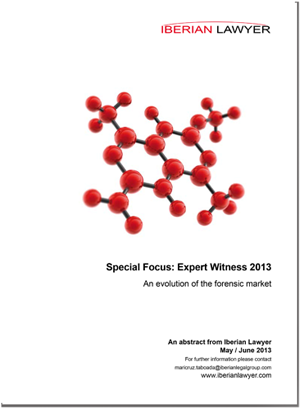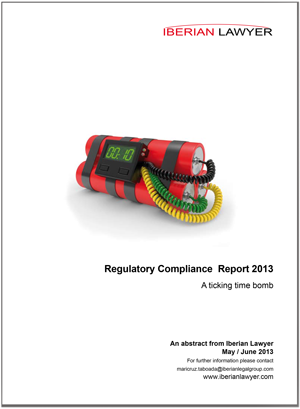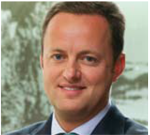The downturn has helped drive a dramatic rise in demand for forensic and expert witness expertise, and as the market evolves, it is also becoming more sophisticated and stratified.
Calculating damages against the current backdrop of financial crisis and uncertainty is key in litigation
The crisis has prompted a run of ever-changing regulations across Iberia, bringing to the forefront the increasing need for legal services on compliance. But more recently, it is the costs of non-compliance that are grabbing
Clients are much more aware of their compliance obligations, especially in view of the so-called ‘Commitment Law’, according to Miguel Lorena Brito, Head of Public Law at F. Castelo Branco & Associados. “This Law has
Businesses may not have the financial capabilities to comply with all their obligations.
Businesses have to ensure they maintain adequate and up-to-date tax compliance procedures to avoid falling foul of legislative changes, says Adolf Rousaud, Managing Partner and Head of Corporate at Rousaud Costas Duran in Barcelona. This
The privatisation of ANA causes concern over changes to aviation regulation.
Spanish companies are battling with ever-changing corporate rules to ensure that their business activities are fully-compliant with domestic and international regulations.




















